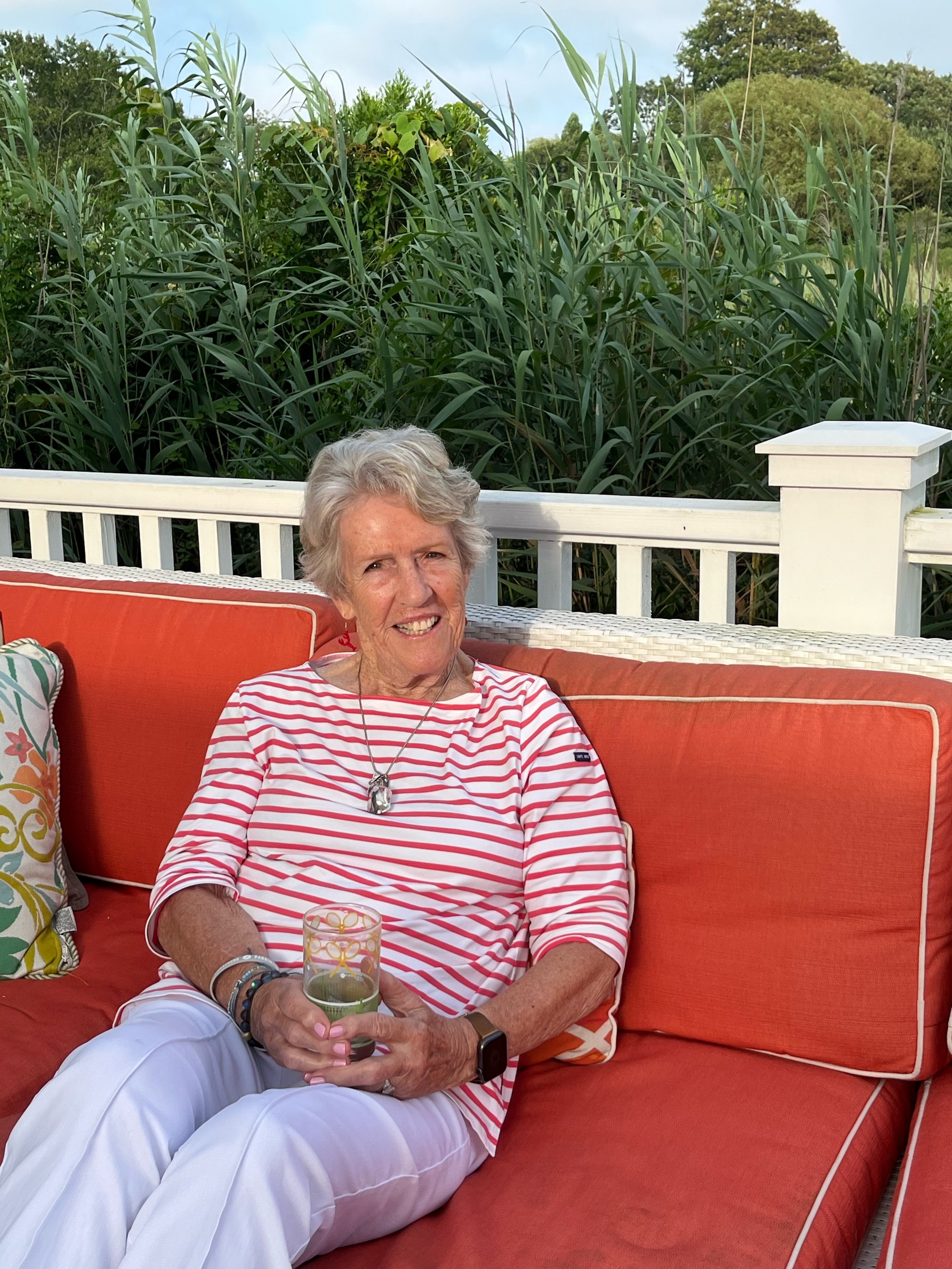HUGS
/I’m a hugger and proud of it. Hug is a happy word. Even looking at photographs of people hugging makes me smile.
For me a hug says a lot: hello, thank you, you’re the best, I’ve missed you, hasn’t this been fun, I love you, you’ll get through this, I do understand, I’ll try harder next time, and goodbye for now. Show me another three-letter word that multitasks like “hug.”
Nothing calms my blood pressure or releases more happy endorphins than hugging my four Grands, my kids, Mr. Wonderful, even the nice lady next door who knocked on my front door the day after we moved into our new home and handed me a be-ribboned bottle of red wine. Saying “thank you” wasn’t enough. I needed to hug her. (She hasn’t stopped by with wine since which leads me to suspect hugging might not be her proclivity.)
Now, thanks to Covid-19, we’re not supposed to hug or hand-shake. We must elbow-bump or put our hands on our hearts to say hello. I feel deprived. I miss demonstrating and acting upon what HUG stands for — healing, understanding and gratitude.
I researched “hug” and discovered two etymological possibilities. One derives from the Old Norse word “hugga,” which means “to comfort.” The other theory suggests that “hug" comes from the German word “hegen” which means to foster or cherish. (“Hegen” also translates to “enclosing with a hedge” which some non-huggers, including the nice lady who gave me wine, might say, that’s right.)
There have been notable hugs over the centuries. Shakespearean scholars opine that Caesar tightly wrapped his arms around Brutus immediately after feeling the sharp blade dig deeper into his chest. Another memorable embrace happened on September 17, 1787, when Alexander Hamilton strode to the dais inside Philadelphia’s state house and inked his name with a quill on the Constitution. He then turned to a beaming George Washington who immediately pulled him close for a celebratory bear hug.
But then, apparently, public hugs lost their cachet. Presidents Zachary Taylor, Calvin Coolidge and Herbert Hoover were not noted for their hug-ability. Well, really — talk about a trio of sour balls. It was also a bit out of character when President Richard Nixon didn’t bolt from the stage at the 1972 Republican convention after Sammy Davis Jr. jumped up and hugged him from behind. Nixon preferred raising his arms above his head in a glorious V.
It took cardigan-wearing folksy Jimmy Carter to reintroduce the Presidential hug when he put his arms around Willie Nelson, Tip O’Neill, Leonid Brezhnev, survivors of the Irianan hostage crisis and, most notably, Menachem Begin and Anwar Sadat. Last year Democratic presidential candidate Joe Biden got slapped on the wrist for “inappropriate hugging,” which could indicate that displays of Presidential affection may be on the downswing.
Which is too bad. Because, research indicates, eight to 12 hugs a day improves psychological development and reduces the risk of heart disease. Hugs boost our immune systems. A bedtime hug actually thwarts insomnia. On average, hugs last 10 seconds and are equally beneficial for both the hugger and the huggee.
Perhaps the best thing about a hug is encapsulated in this adage: A hug is a great gift — one size fits all and it’s easy to exchange.
Or used to be.






